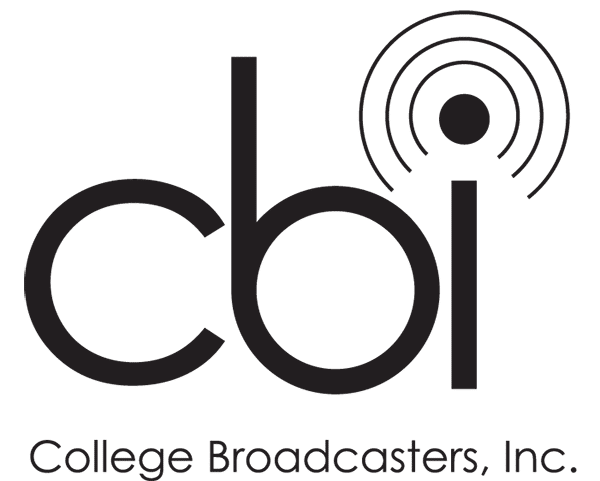February 11, 2019
Board Blog: Fundraising Tips


Lynn Riggle CBI Development Director
The year is still new and many of us are still working on keeping up with that list resolutions and new goals. Perhaps your goal this year is to purchase new equipment for your organization. Maybe you want to take your awesome staff to a workshop or convention this year. (Hint, CBI offers a couple of really great ones) If you’re anything like most media outlets across the country, you must do this within a budget. But what can you do when your annual budget doesn’t allow you to pay for those extra things? You can always ask for more money or you can be proactive and try to raise the money yourself.
Sponsorship is a great opportunity for a college organization to reach out to their community. It helps the business or “client” by introducing them to your station’s audience…maybe something they haven’t thought of doing before. Plus, sponsorship is an excellent opportunity for that “client” to brand their business. Obviously if you’re a non-commercial radio station, a sponsorship can’t sound exactly like a regular commercial. But that doesn’t mean it can’t have even more impact.
A sponsorship mention includes the most important details about a business, such as their location, services offered, and how they can be reached. In the eyes (or ears) of a listener/viewer, that’s the first thing we need to know to see if that is a business we would like to patronize. Sure, it’s still on the listener to do a little more digging to make sure they want to buy from your client, but you’ve helped them through that first step without all the other noise that traditional commercials can add.
Before getting started make sure you check with your school about how internal finances are handled. Do you get to keep the money you raise, or does it go back into the university provided budget? This will be important, especially if you plan on using these funds for travel or equipment.
Now back to the issue at hand, how do you raise funds?
BUILD A RATE CARD: If you have a sponsorship or sales person on your staff, begin by having that person work together with other station management to put together a “rate card.” Look at other stations in the area and try, if possible, to price point your station below them, but don’t undersell yourself. Your station has a lot to offer a client.
WHAT PROGRAMS CAN A BUSINESS SPONSOR: You can sell sponsorships for various music hours or perhaps sport coverage quarters. Again, make sure your client is aware that a non-commercial sponsorship mention is different than a typical commercial spot. There are guidelines on what a non-commercial message can say, so make sure you follow those. If your school allows it, perhaps think about selling banners on your website with click throughs or even sell social media posts if you have a big following. This is always a touchy subject, because you obviously don’t want to alienate your followers with a bunch of ads, but it’s something to think about.
TIME FOR SOME RESEARCH: Once you’ve established an easy to follow/understand rate card, have your sponsorship or sales director begin gathering information on the businesses in your area. In my opinion, it’s best to visit “locally-owned” businesses if possible. That’s not saying you can’t do sponsorship with corporate companies, but in my opinion the channels are much easier to navigate with someone local to your community and who possibly knows your station or school. Plus, those are your decision makers. Once you have that information, make a list of those clients you feel you could visit in person and establish a relationship with. Maybe an alumnus of your school is the owner or works there…better yet if it’s an alum from your station or organization.
THINK ABOUT TRADE: Another easy way to team up with local businesses is to trade sponsorship for products you might need. Some folks aren’t comfortable with this, but I personally love this partnership because you get the equipment or products you need, and the business gets to be a sponsor of your great organization! As always, check with your GM or advisor before entering into any agreement.
PLAN FOR THE FUTURE: If possible, try to make longer commitments with these new clients. Try 3, 6, or even 12-month commitments. They get the benefit of staying at the same rate and you know what money you can theoretically budget with. And don’t get discouraged if a client passes on working with your station. Make sure you keep the contact info and notes for the future. You never know if something will open up down the line.
BE PROFESSIONAL: If you’re team is really serious about raising funds, the most important thing is to be committed to the project. Student organizations can sometimes get a bad rep with local businesses if they don’t act professionally. Consider this opportunity as your first step to working with businesses such as these after you graduate. Set the right impression in the beginning and you’ll be on the right path.





